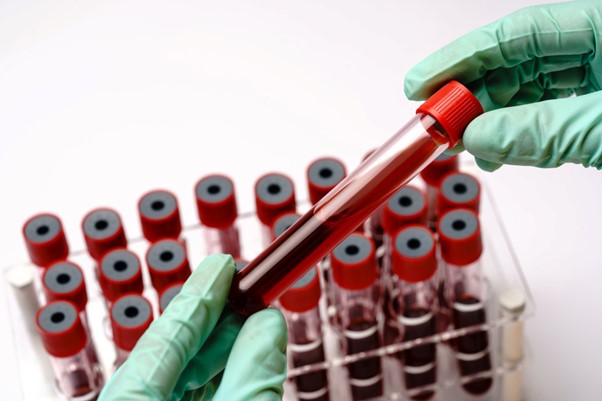
Vitamin B12 testing is a simple blood test that checks your B12 levels. This test helps find out if you have enough Vitamin B12 in your body. Many people ask, “When should I get Vitamin B12 tested?” or “What are Vitamin B12 deficiency symptoms?” If you feel tired, weak, or have nerve problems, a blood test for B12 levels can help. Knowing your B12 status is important for your health and well-being.
Vitamin B12 is a nutrient your body needs to stay healthy. It helps make red blood cells and keeps your nerves working well. Without enough B12, you may feel tired or weak. Sometimes, you may even have trouble thinking clearly. For this reason, getting enough B12 is important for everyone, especially older adults and people with certain health problems.
Vitamin B12 testing is a blood test that measures the amount of B12 in your blood. Doctors use this test to check if you have a deficiency. If your B12 is low, you may need treatment. This test is quick and safe. It helps find problems early, so you can get the right care.
Not everyone needs a Vitamin B12 test. However, some people are at higher risk. You may need this test if you:Feel very tired or weak for no clear reasonHave numbness or tingling in your hands or feetNotice trouble with memory or thinkingHave pale or yellowish skinAre a vegetarian or veganAre over 60 years oldHave stomach or bowel problemsTake certain medicines, like metformin or acid blockers
For example, people with diabetes or digestive issues may need testing more often. If you have any of these symptoms or risk factors, talk to your doctor about Vitamin B12 testing.
Vitamin B12 testing is simple. First, a healthcare worker takes a small blood sample from your arm. You may not need to fast, but your doctor will tell you if you should. The process usually takes less than five minutes. After the test, you can go back to your normal activities. Most people feel only a quick pinch during the blood draw. Results are often ready in a few days.
Once your results are ready, your doctor will explain what they mean. Here is what you might see:Normal B12 levels: Your body has enough B12.Low B12 levels: You may have a deficiency. Your doctor may suggest more tests or treatment.High B12 levels: This is rare, but it can happen. Sometimes, it means another health issue.
If your B12 is low, your doctor may recommend supplements or changes in your diet. Sometimes, more tests are needed to find the cause. Always follow your doctor’s advice for the next steps.
There are easy ways to keep your Vitamin B12 at healthy levels. Here are some tips:Eat foods rich in B12, such as meat, fish, eggs, and dairyIf you are vegetarian or vegan, choose B12-fortified foods or take supplementsSee your doctor for regular check-ups, especially if you have risk factorsTalk to your doctor before starting any new supplement
In some regions, B12 deficiency is more common due to diet or health conditions. Therefore, it is important to know your risk and take steps to prevent problems.
Vitamin B12 testing is a simple way to check your health. Early testing can help prevent serious problems. If you have symptoms or risk factors, do not wait. Consult a healthcare professional for personalized advice on Vitamin B12 testing.